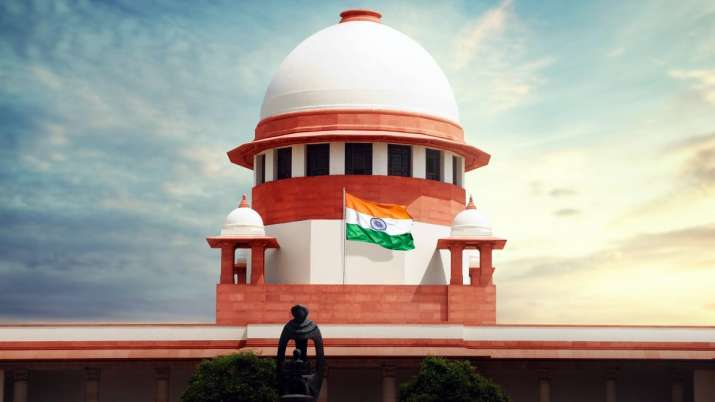The Supreme Court on Monday issued notice to the Central government on a petition, which sought directions to the Union government over enacting a law for population control.
The Apex Court further directed the Union of India to join the hearing on the matter, which was pending before the Court.
The plea was filed by religious guru Devkinandan Thakur, contending that it was the need of hour to enact a population control law, so to ensure that every person has the right to access to clean air, water, food, health and employment.
According to the plea, women suffered terribly after repeated child-bearing. The impact of child-bearing on a woman was a subject, which seldom garnered attention outside niche areas, it said.
The Mathura-based petitioner further said that the percentage of incidents of grand multiparity (having more than four viable births) in developing countries like India was 20, while it was only 2 in developed countries.
This is not the first time when a petition related to population control has been filed in the Supreme Court.
Advocate Ashwini Upadhyay had filed a similar petition in December, 2020, stating that population explosion was more dangerous than bomb explosion and that without implementing effective population control measures, campaigns such as Healthy India, Literate India, Prosperous India, Resourceful India, Strong India, Secured India, Sensitive India, Clean India and Corruption & Crime-Free India will not succeed.
The Centre, while responding to Upadhyay’s plea, had said that it was against compelling the couples into having a certain number of children, to control the increasing population of the country.
The government further said that the period between 2001-2011 had witnessed the sharpest decline in decadal growth rate among Indians in a 100 years.
As per the affidavit filed in the Union Ministry of Health and Family Welfare, the Family Welfare Programme in India was voluntary in nature, which enabled the couples to decide the size of their family and adopt family planning methods best suited to them, according to their choice, without any compulsion.
India was a signatory to the Programme Of Action (POA) of the International Conference on Population and Development, 1994, which was unequivocally against coercion in family planning, it had added.
The Ministry also said that international experience has shown that any forceful measure telling the citizens to have a certain number of children had been counter-productive and lead to demographic distortion.


